Jack Ma an agriculture tsar?
Alibaba founder Jack Ma seems set to add "agricultural tycoon" to his list of titles, going by his latest moves to break into the agriculture industry. And he is not the only tech giant in town attempting to use big data and technology to increase agricultural yields. For China, this is a good move that would add to its food security, a priority laid out in its 14th Five-Year Plan. Zaobao's China Desk looks at Chinese agriculture's investment potential.
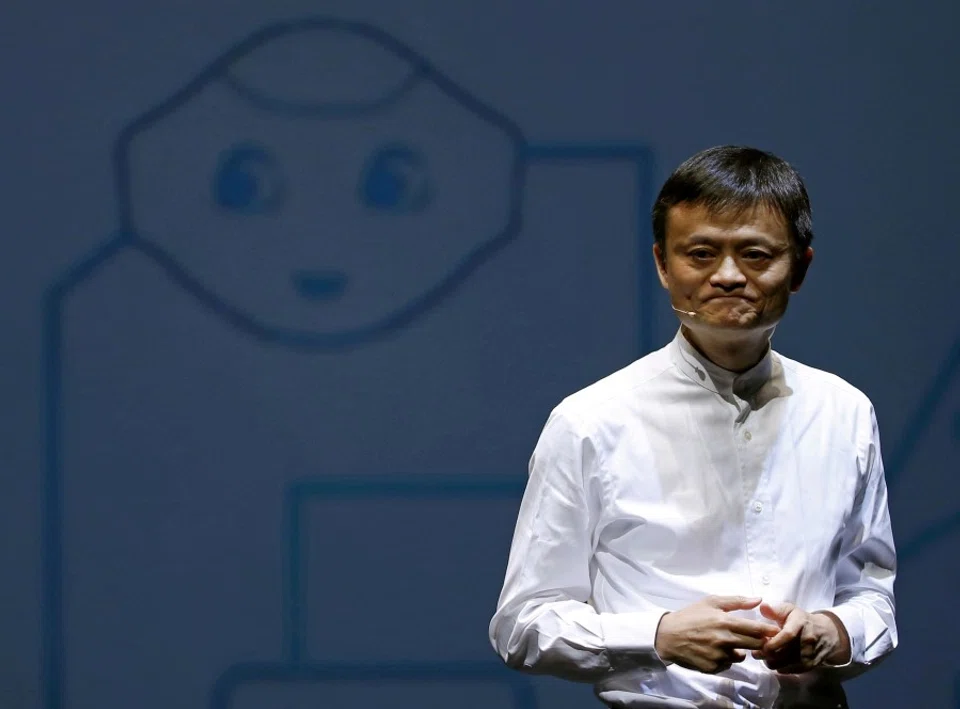
E-commerce titan, internet technology mogul, business magnate - these are all labels that have been used on Alibaba founder Jack Ma. But in the past few months, these labels seem to be gradually fading as Ma appears to be switching focus from the virtual online world to farming.
Yes, farming.
After Ma criticised China's regulatory framework at the Bund Summit in Shanghai in late October 2020, his business empire quickly came under close inspection by China's regulatory agencies, and the US$37 billion IPO of Ant Group, an affiliate company of Alibaba, was halted. For a while, the usually high-profile Ma faded from the public eye, while the media and internet community asked, "Where is Jack Ma?" Some people even speculated whether Ma had "been 'hidden'".
But in mid-January this year, after "disappearing" for over two months, Ma finally reappeared in public for a good cause, as he delivered a video speech to 100 rural Chinese teachers.
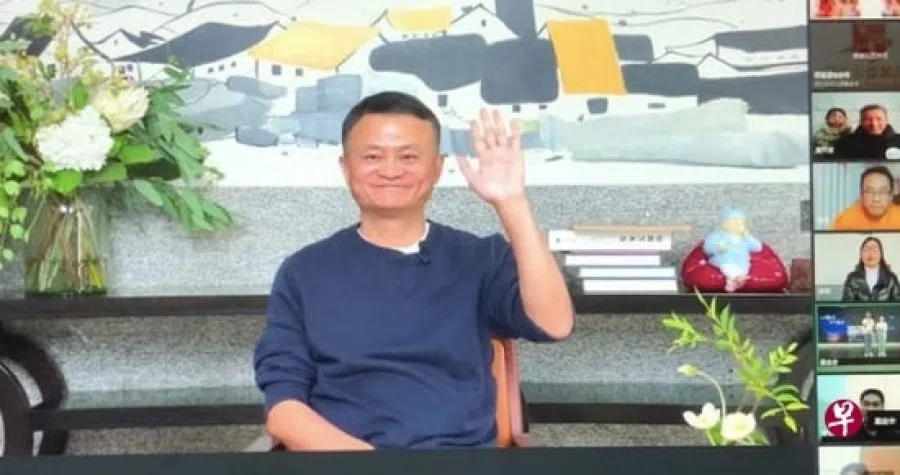
He said: "During this period, my colleagues and I have been studying and thinking, and we have even more strongly devoted ourselves to the idea of educational philanthropy. Not just because I was a teacher, but more importantly, because education matters, particularly rural education. Today, China has eradicated poverty and is pushing its rural redevelopment strategy, and entering a new phase of common prosperity. Supporting and serving rural teachers and complementing the education ministry in developing rural education, and working towards rejuvenating the villages and achieving common prosperity - I think this is the responsibility and duty of this generation of business owners."
Analysts feel that Jack Ma's reappearance shows that he will focus more on philanthropy, and that he agrees with and supports the official direction and current themes of eradicating poverty, rejuvenating rural areas and common prosperity.
Jack Ma everywhere
Recently, Jack Ma has been making some big moves, the first of which was visiting an agricultural setup in Pinghu city in Jiaxing, Zhejiang province, on 1 September. Netizens in China said Ma seemed to be sourcing for a base for Alibaba's digital farming venture.
The day after Ma's reappearance, Alibaba announced its "ten moves towards common prosperity", where it pledged 100 billion RMB (S$20.8 billion) by 2025 towards the vision of common prosperity, including more investments in technology and farming industrialisation.
These moves seemed to be strongly aligned with the official theme.
Subsequently, on 19 October, the South China Morning Post (SCMP) under Alibaba reported that Ma was in Spain for an agriculture and technology study tour related to environmental issues, the first time he was out of China since October 2020.
Putting together Ma's moves and the news revealed by these sources, it is easy to deduce that Ma's next career objective will be in farming - in fact, he had previously shown an interest in the field.
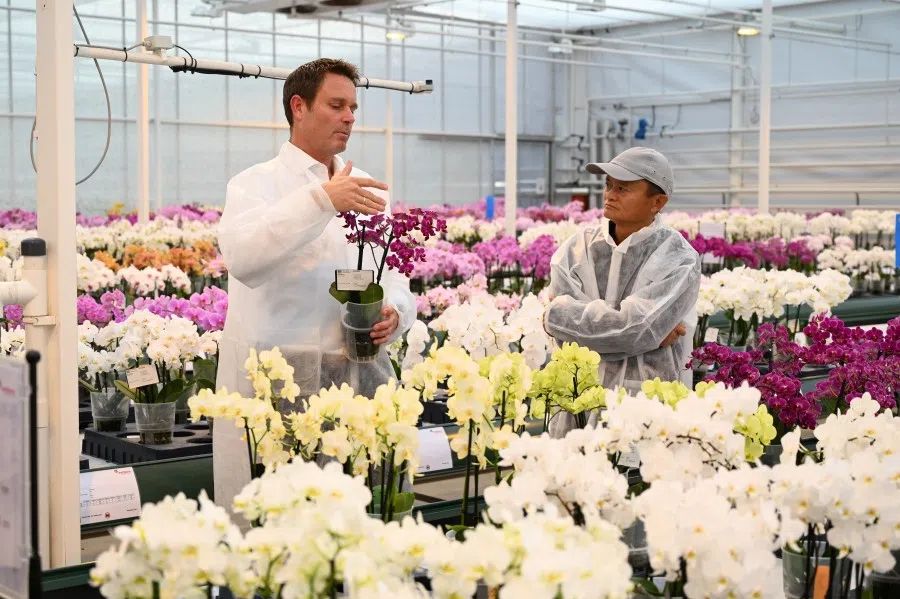
One week later, on 26 October, SCMP quoted informed sources that Ma was visiting research institutions in the Netherlands to study the technology of agriculture.
These sources said Ma would continue travelling in Europe to visit more companies and research institutions involved in agricultural infrastructure, plant breeding, and the training of expertise in the field, and that he believed that a combination of the technology with Alibaba's cloud computing, big data analysis and artificial intelligence would create tremendous potential for the modernisation of agriculture in China.
Putting together Ma's moves and the news revealed by these sources, it is easy to deduce that Ma's next career objective will be in farming - in fact, he had previously shown an interest in the field.
In January 2019, he said at the World Economic Forum in Davos, Switzerland, that if he could start a new business, he would go into farming.
Earlier that month, at an Alibaba conference on poverty alleviation, Ma said that in the past, farmers faced the soil with their backs towards the sky, but in the future, farmers would be facing screens and backed up by calculations and algorithms; they would depend on data for their livelihood, and make assessments and decisions based on big data.
Ma added that in the past, farmers did not know how to use computers, but practically all of today's farmers have a smartphone. Previously, developing e-commerce in villages was unlikely, but it is possible today because smartphones are much more powerful than computers of five years ago.
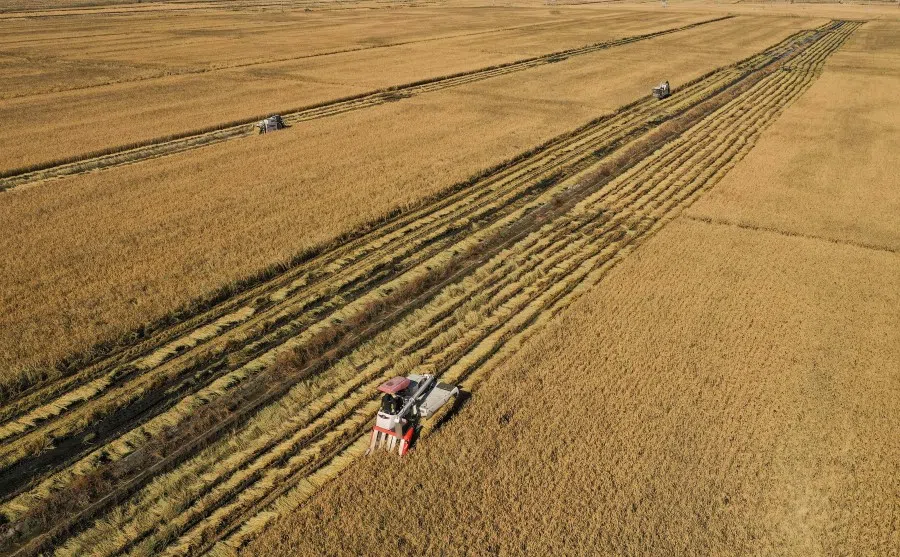
He also said the previous generation of farmers left their homes to be migrant workers in cities, but farmers today can work in agriculture and forestry without having to leave their land. "We are not just helping farmers increase their crops, but also helping them to change how they do it," he said. To put it simply, Jack Ma hopes farmers can use technology to end their reliance on traditional farming methods, in order to increase their income.
Other tycoons investing in agriculture
Besides Jack Ma, many tech tycoons in China are going back to the land. The speech by Ma Huateng of Tencent at this year's "Two Sessions" was to encourage the integration of internet technology and smart farming, and the nurturing of "new-age farmers"; William Ding of NetEase went into rearing pigs back in 2009.
As it happens, other tycoons outside of China, from Microsoft founder Bill Gates, Amazon president Jeff Bezos, to Xavier Niel - founder of French telecommunications giant Free - have all made major investments in the agricultural industry.
Some forecasts have it that nearly 160,000 farm owners in France will be retiring in the next three years; they will need successors. Niel has set up the agricultural school Hectar, which is free of charge to anyone. He has also spent 18 million euros on 600 hectares of farmland for students to learn, and to nurture modern farmers.
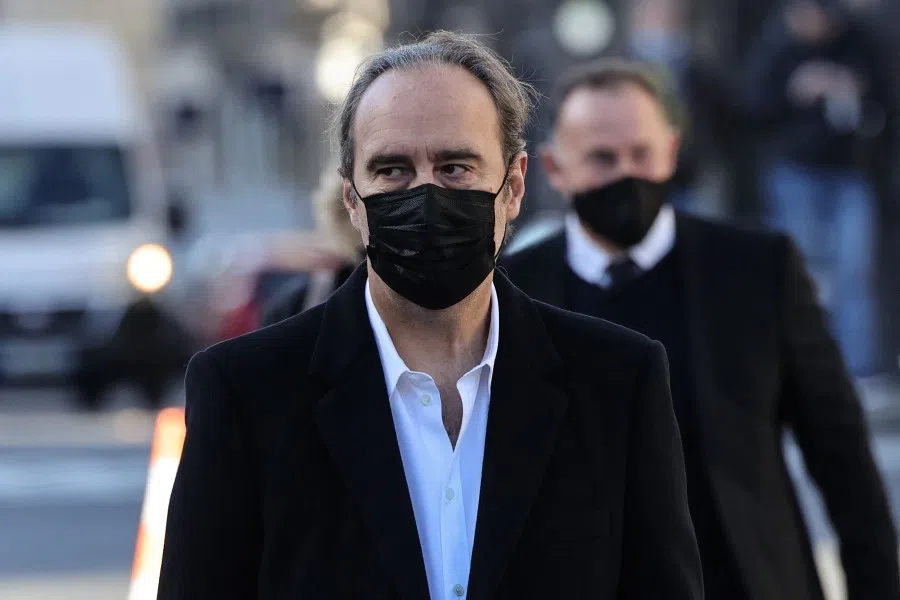
Bill Gates is the largest farmland owner in the US, with 100,000 hectares of land across 18 states - that is nearly the size of Hong Kong.
RFI reported that when the pandemic broke last year, global food supplies suddenly became tight, and some countries even halted food exports. Bezos recently invested in the agriculture and food markets, hoping to create a comprehensive logistics supply chain and integrate modern information technology such as the Internet of Things and artificial intelligence, to mould a new future for the physical food retail industry and agriculture industry, and build up Amazon's agricultural food empire.
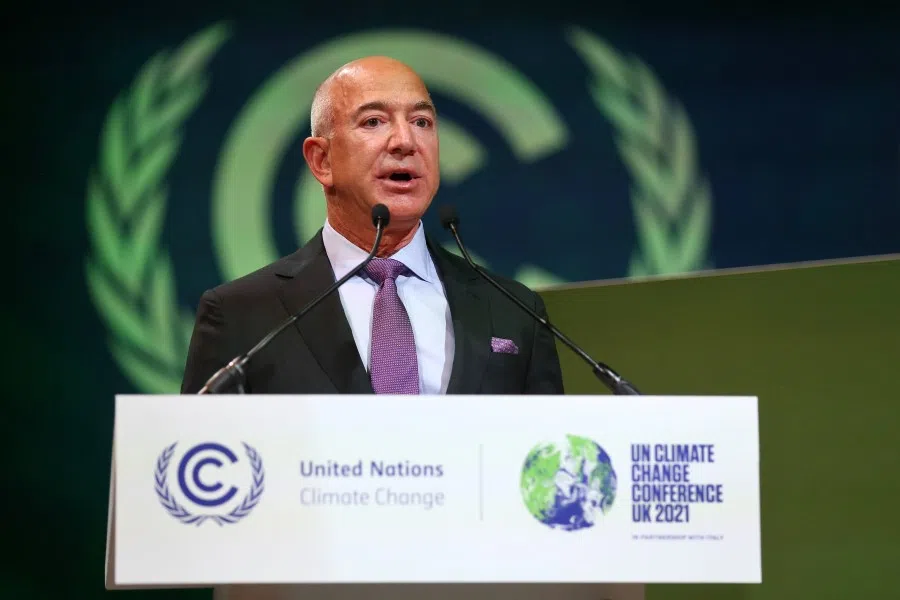
Going back to China, in August last year, Chinese President Xi Jinping gave a warning about food security, saying that while China's food production had been doing well for many years, there had to be a sense of crisis about food security.
And in April this year, for the first time, food production capabilities was made a key security indicator in China's 14th Five-Year Plan (2021-2025). Liang Yan, deputy head of the National Food and Strategic Reserves Administration, said: "This demonstrates China's focus on food security as a top priority in the people's lives and national governance, as it always has in the past; and also at the same time, at an unprecedented high level of attention."
...for a tycoon under "added surveillance" like Jack Ma to talk about modernising agriculture and rejuvenating rural areas is probably the most politically correct thing in the eyes of the Chinese Communist Party, which had its beginnings in farming villages and with farmers.
Based on its population of 1.4 billion people, China is the world's largest food consumer, even as it is also the world's largest food producer. According to figures from 2020, China's current proportion of food imports is about 20%. With the China-US conflict still unresolved, there are worries that once the external situation worsens, Chinese tummies might be the first to get blocked off.
Besides, the pandemic is still raging globally, and with the floods in July in Henan (also known as "China's granary"), food production has been put under pressure.
So, if China's private companies that hold the technology and the funds actively invest in the agricultural sector, to some extent that would ease the risks in China's food security. While this will not happen overnight, the authorities will probably be happy to see it happen.
Besides, now that the Chinese authorities are making common prosperity a priority as never before, for a tycoon under "added surveillance" like Jack Ma to talk about modernising agriculture and rejuvenating rural areas is probably the most politically correct thing in the eyes of the Chinese Communist Party, which had its beginnings in farming villages and with farmers.
Related: Lesson for Jack Ma's Ant: Finance is finance and technology is technology | China's tightening fintech regulations may benefit Ma Yun's Ant in the long term | With Ant Group's record $34.5 billion IPO suspended, what happens next? | Chinese academic: Why the CCP honoured Yuan Longping, the 'father of hybrid rice' | Will China plunge into a food crisis? Officials say no | Pandemic, floods, locusts and shrinking farming population: Will China suffer a food crisis? | China's changing diet: Should the world be alarmed?





